Paris-Saclay represents 15% of French research (in terms of the number of researchers) and 40% of employment in public and private research in the Greater Paris region.
Ultimately, it will represent 25% of French research.
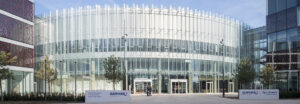
paris-saclay
Driving the research of today to reinvent the health of tomorrow
In 2023, the Servier Research and Development Institute opened its doors in the cross-disciplinary innovation hub at Paris-Saclay. In a few years’ time, this scientific hub of excellence will be home to nearly 25% of all scientific research activities in France.
The idea is that Servier will be able to develop a more agile and open approach to R&D that centers even more closely around the patient to speed up the discovery of innovative therapeutic solutions.
The overriding aim of our R&D Institute at Paris-Saclay is to combine the Group’s innovation potential with a powerful ecosystem and a center of scientific excellence. In choosing to integrate Paris-Saclay, Servier is also helping to drive momentum in the local economy and boosting the profile of French research.
2023
opening in 2023
45,000sqm
a building spanning
1,500
employees, capacity.
1,850 sqm
A 1,850 sqm start-up incubator with up to 110 workstations
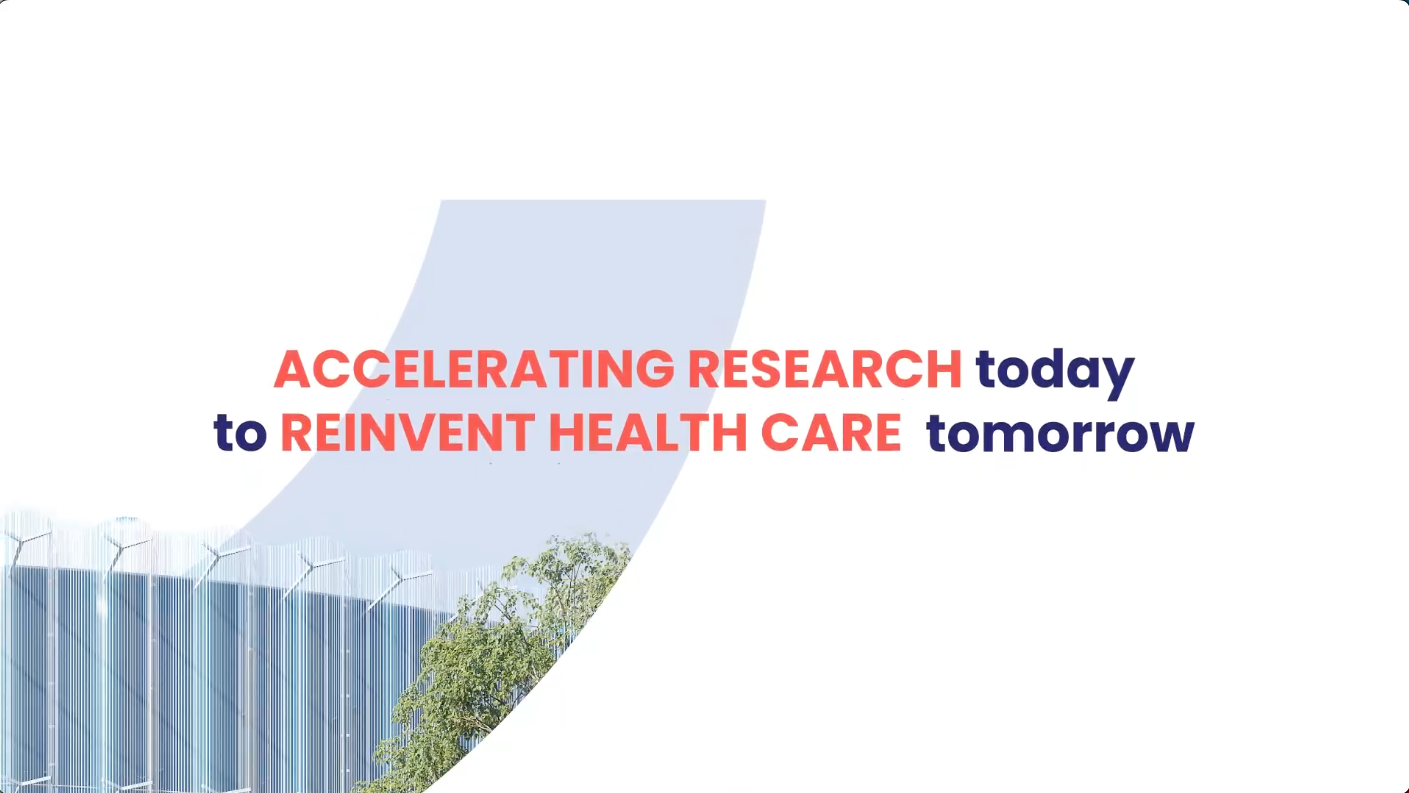
Having established a presence in one of the most dynamic innovation communities in the world, Servier is taking advantage of a unique opportunity to establish new partnerships and increase synergies with institutional and private sector research bodies.
Our teams at Servier operate within a high-level community and the Group is in contact with a number of local institutions, such as CNRS, CEA, Paris-Saclay University and the École Polytechnique graduate school. We are also involved in organizing events such as SPRING Saclay, TEDxSaclay, and the Symposium de l’Université Paris-Saclay.
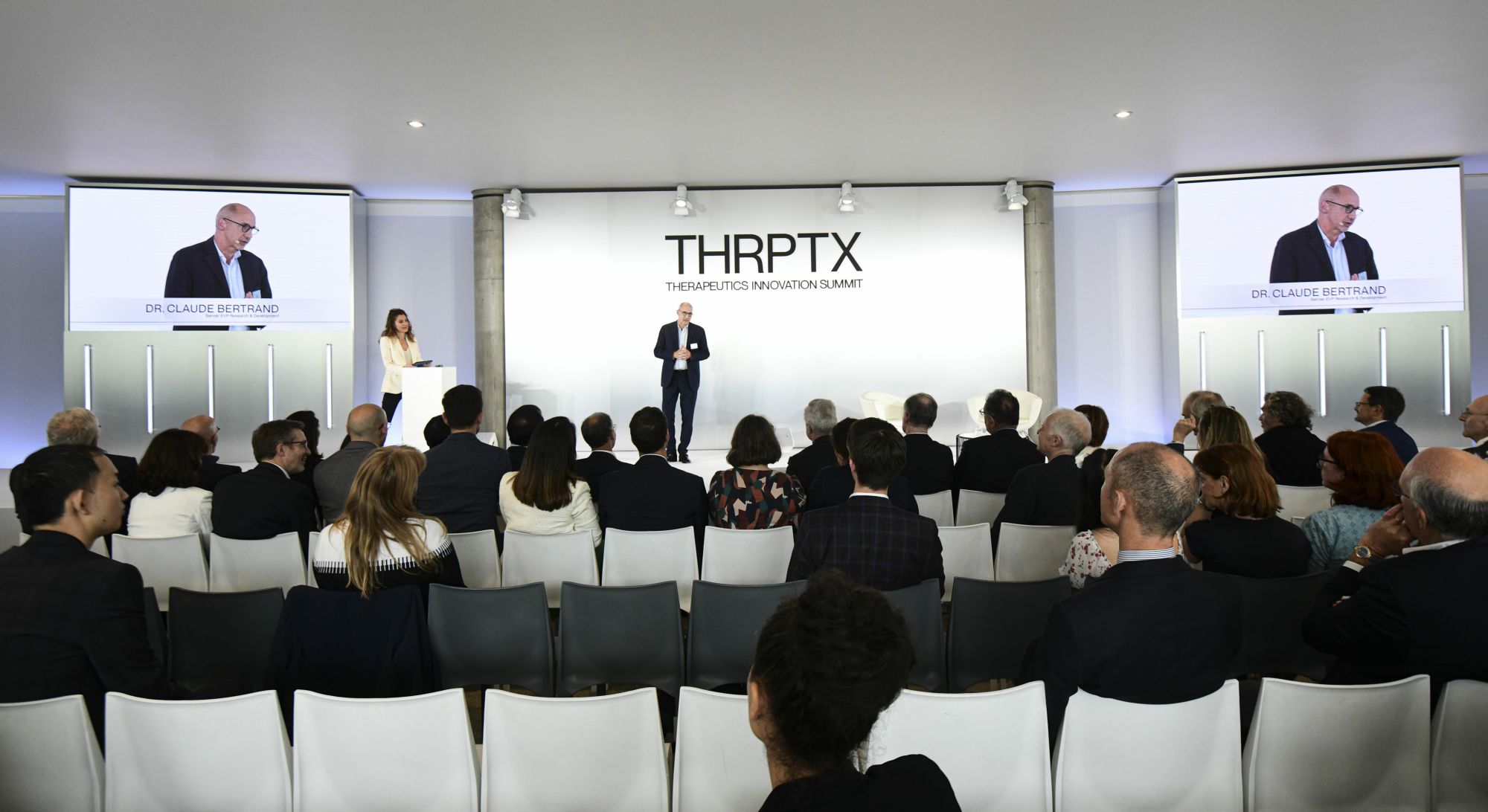
Some 200 scientific experts, decision-makers, and healthcare professionals, two round-table discussions, a Nobel prize winner, a keynote speaker, the emergence of several ways of thinking about the fight against cancer, and thunderous applause: here is a brief recap of the first edition of THRPTX, the international scientific symposium which took place in 2024 at our Paris-Saclay R&D Institute.
Ranked as one of the eight clusters for innovation worldwide, along with Silicon Valley, Beijing, Boston and Silicon Wadi in Israel, Paris-Saclay has top-tier international influence. The site is home to key names in research as well as international companies, start-ups and renowned universities such as Paris-Saclay University, the first French university included in the Shanghai ranking, where it broke into the Top 15.
Paris-Saclay represents 15% of French research (in terms of the number of researchers) and 40% of employment in public and private research in the Greater Paris region.
Ultimately, it will represent 25% of French research.
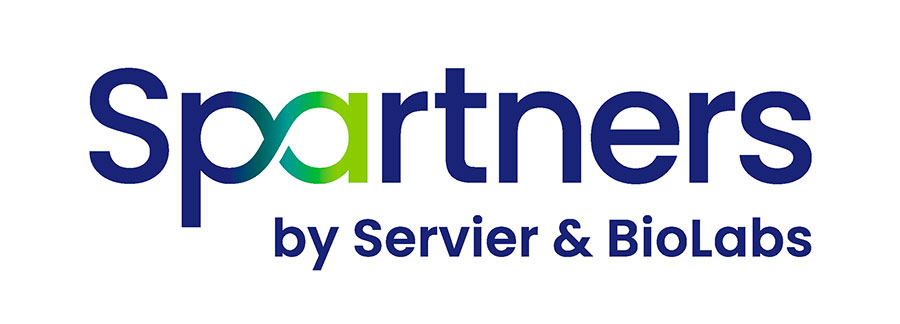
Spartners by Servier & BioLabs, the start-up incubator at the Servier Research and Development Institute is unique in France. This new synergy between the momentum of young, future-facing companies and Servier’s pharmaceutical knowledge therefore creates unique conditions that will accelerate therapeutic research.
Operated by BioLabs, the leader in shared laboratories, Spartners by Servier & BioLabs is designed to accommodate around 15 start-ups, or over 100 scientists, in a 1,850 sqm building.
Spartners by Servier & BioLabs offers shared or private laboratories, fully equipped with state-of-the-art facilities, enabling selected residents to benefit from the best equipment to accelerate their development.
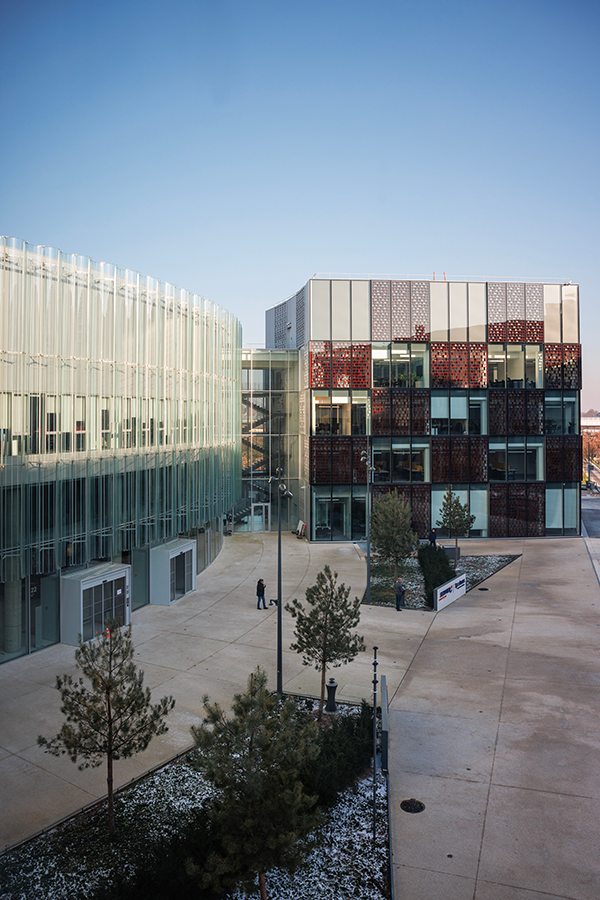

In line with its Corporate Social Responsibility (CSR) strategy, Servier decided to set a new benchmark with the Paris-Saclay R&D Institute when it comes to sustainability. Our Institute is the first of our sites to have been awarded the BiodiverCity® label for its exemplary approach, from the outset, to the protection of living organisms. The Group as also received WELL Building Standard certification. An acknowledgment that reflects our commitment to the well-being of its employees and the preservation of the environment. Finally, we are also aiming to obtain HQE certification.
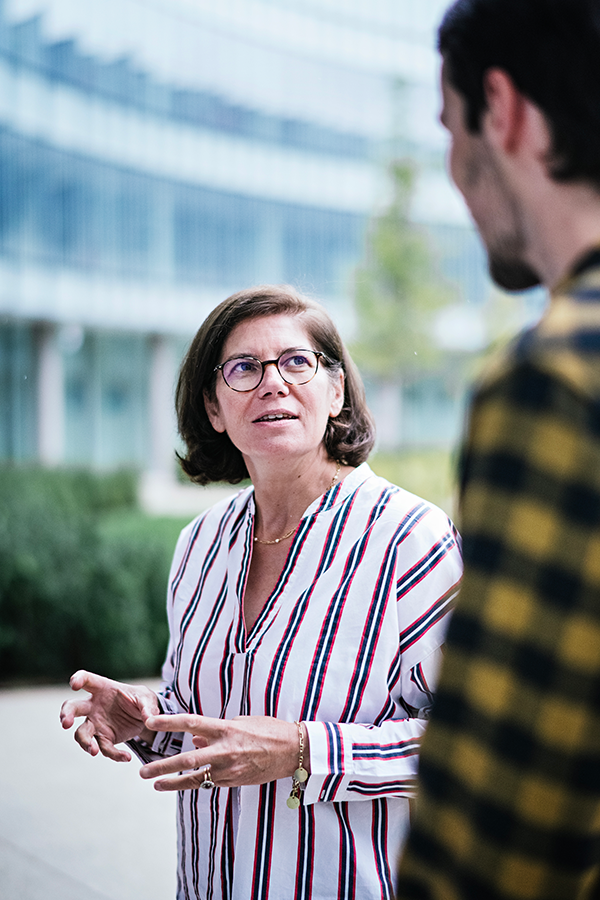
5,000sqm
of on-the-ground green spaces
9,000sqm
of green roofs
100sqm
of community gardens